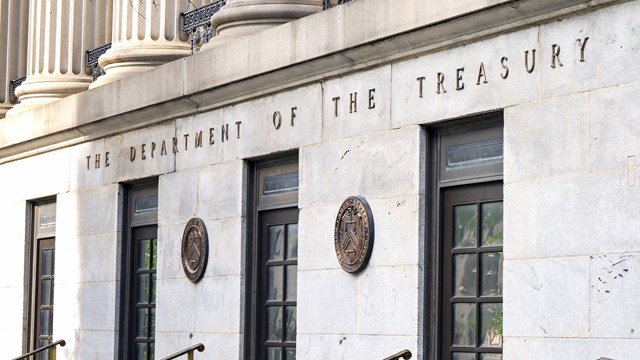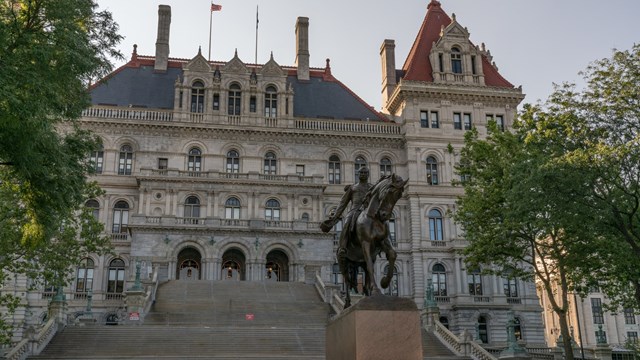On May 5, 2005, Mayor Michael R. Bloomberg proposed a $49.7 billion budget plan for Fiscal Year 2006 that closes a once $4 billion budget gap and continues to invest in education, housing, human services, public safety and economic development. While the mayor's budget reaps the benefits of an improved economy, there is still quite a bit earmarked that could impact the co-op and condo market and/or the overall housing market.
Under the housing category, the mayor cites several capital improvements, including a $1 billion partnership with the Enterprise Foundation to build 10,000 new homes and preserve 5,000 existing affordable housing units; spending $130 million in Battery Park City Authority joint-purpose funds to create the New York City Housing Fund, among other initiatives.
The Enterprise Foundation, which is active nationally, has, according to its website (enterprisefoundation.org), developed or rehabbed both single-family homes and apartments, so it would likely develop a mix of housing types. The $1 billion partnership, by the way, is not new--it was announced by Mayor Bloomberg at the Foundation's 2004 Network Conference at the Marriott Marquis.
The $130 million Housing Trust Fund, jointly announced by Mayor Bloomberg and Comptroller William Thompson in April--would provide housing subsidies to low- and middle-income New Yorkers under a variety of options. The program would fund large-scale acquisition and renovation of properties; and would fund land acquisition and pre-development costs for affordable housing.
Under the economic development category, one sees more housing-related items, including the aforementioned Greenpoint/Williamsburg Waterfront redevelopment plan, for which the city has allocated $130 million. Also, $66 million is allocated for the development of Staten Island's Stapleton Homeport area (the Homeport is the former military base that was mothballed about 10 years ago). Earlier this year, the city's Economic Development Corporation (EDC) said the plan would include "the development of 350 residential units in three buildings, a restaurant and banquet facility, a sports complex, ground-floor retail and other uses."
In addition, $89 million has been allocated in Mayor Bloomberg's budget for the redevelopment of Downtown Brooklyn. The city's oft-revised Downtown Brooklyn plan does include residential as well as a mix of new commercial development.
Although the focus would be on office development, online material from the City Planning Department mentions "about 1,000 units" of housing "with attractive ground-floor retail." This housing would especially be focused east of Flatbush Avenue, to create "a gateway to Fort Greene."
Other items in the budget could indirectly affect housing, including co-ops and condos. For example, if $22 million is poured into "125th Street revitalization," that could easily spur nearby housing construction or rehabilitation, and raise prices on existing housing in Harlem.
And under the category of "Parks, Libraries and Culturals," $53 million is earmarked for Brooklyn Bridge Park. The current plan for Brooklyn Bridge Park includes several luxury apartment buildings within the still-unbuilt waterfront park--as a way to pay for park development costs.







Leave a Comment